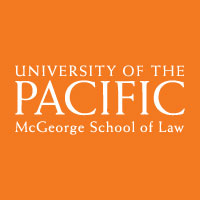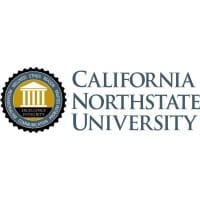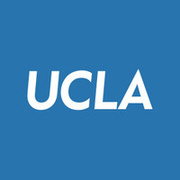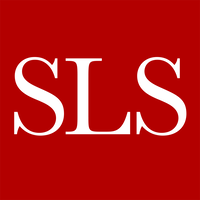Description:
Primary Purpose and Essential FunctionsMcGeorge School of Law invites applications for one (1) adjunct professor position in bar support. This position would be teaching a three (3) unit course on the Sacramento campus offered as part of the J.D. curriculum in bar support during the day.
The adjunct professor selected through this posting will work under the direction of the Director of Bar Support and will teach bar support curriculum consistent with McGeorge standards. Faculty-student interaction, accessibility, and achievement of credit hour standards are the highest priorities.
The adjunct professor will be responsible for ensuring that existing curriculum is taught in compliance with University of the Pacific and McGeorge School of Law policies, in coordination with McGeorge's Director of Bar Support. Training, course materials, and other support will be provided.
Non-tenure-track faculty members collaborate in fulfilling the University's mission to provide a superior, student-centered learning experience integrating liberal arts and professional education and preparing individuals for lasting achievement and responsible leadership in their careers and communities.
Part-time faculty are appointed as needed by each unit and considered as less than full time annual appointment as specified by each unit. Part time is determined by the unit based on a comparison to year-long appointments. Time of service on a part-time appointment may not accrue to time for appointment with tenure. (FHB 7.1.6). Appointments for full-time non-tenure-track faculty members may be issued as single-year or multi-year terms, and may be renewable.
University of the Pacific recognizes that diversity, equity, and inclusion is foundational to the success of our valued students and employees. We prioritize policy and decision-making that demonstrates awareness of, and responsiveness to, the ways socio-cultural forces related to race, gender, ability, sexuality, socio-economic status, etc. impede or propel students, faculty and staff.
Minimum Qualifications:
- Applicant must possess an advanced degree in law (JD, LLM, MSL, or JSD).
- Applicant must have passed the California Bar Exam.
Preferred Qualifications:
- Applicant must possess the capacity to teach existing bar support curriculum into effective learning outcomes, lectures, and hands-on tasks such as discussion, assignments, and quizzes, with the support noted above.
- Applicant must have minimal facility with computer navigation and possess the ability to quickly learn new software, including but not limited to Canvas and Zoom.
- Applicant must possess the ability to meet deadlines and coordinate with a team.
- Relevant experience such as teaching or legal practice is strongly preferred but not required.
- Experience and sensitivity in working with people of diverse backgrounds and cultures.
- Demonstrated experience in advancing social justice, equity, and inclusion in a university setting.
- Ability to engage and integrate culturally responsive practices and knowledge in their work.
Physical Requirements:
The physical demands described here are representative but not definitive of those that must be met by an employee to successfully perform the essential functions of this job. Reasonable accommodations may be made to enable individuals with disabilities to perform the essential functions.
Work Environment/Work Week/Travel:
Schedule is dependent on the course and department need.
Hiring Range
$2,304.00 per unit. We consider factors such as, but not limited to, scope and responsibilities of the position, candidate's qualifications, internal equity, as well as market and organizational considerations when extending an offer.
Special Instructions
This Posting Is Not a Guarantee of An Open Position. Your Application Will Be Active for 90 Days. Applications Are Accepted on A Continuous Basis and Are Reviewed by The Hiring Department as Openings Become Available. to Maintain Your Application Within the System, You Will Need to Re-Apply.
Applicants Must Complete All Applicable Sections of The Online Application to Be Considered for A Position. Candidates Who Are Called for An Interview Must Notify the Department of Human Resources in Writing of Any Reasonable Accommodation Needed Before the Date of The Interview.
Note: If A Job-Specific Posting Is Created and You Are Interested in That Specific Position, Please Apply to That Job Posting. Submission of Materials Does Not Guarantee Consideration for Future Employment in Openings of This Type Since Availability Can Be Unpredictable and Consideration Competitive.
This Posting Is Not a Guarantee of An Open Position. Your Application Will Be Active for 90 Days. Applications Are Accepted on A Continuous Basis and Are Reviewed by The Hiring Department as Openings Become Available. to Maintain Your Application Within the System, You Will Need to Re-Apply.
Applicants Must Complete All Applicable Sections of The Online Application to Be Considered for A Position. Candidates Who Are Called for An Interview Must Notify the Department of Human Resources in Writing of Any Reasonable Accommodation Needed Before the Date of The Interview.
Note: If A Job-Specific Posting Is Created and You Are Interested in That Specific Position, Please Apply to That Job Posting. Submission of Materials Does Not Guarantee Consideration for Future Employment in Openings of This Type Since Availability Can Be Unpredictable and Consideration Competitive.






